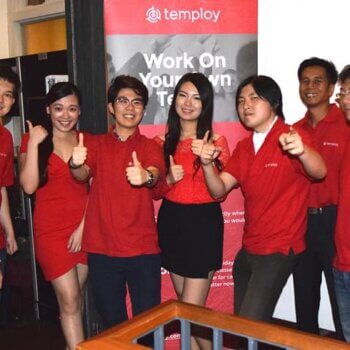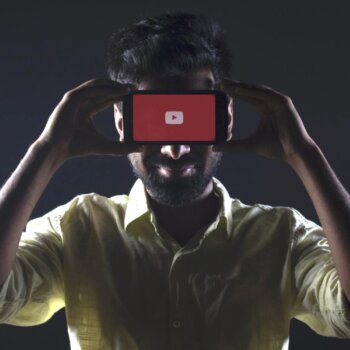Literate cultures use writing as a kind of ‘knowledge technology.’ Unlike older, oral cultures, they are able to store human intelligence outside the human brain. Literate cultures change the kind of knowledge that humanity can experience. In the coming era of machine intelligence, we face a transformation that will similarly transform what humans can know.
Epic Knowledge
I just finished reading Eric A. Havelock’s 1986 book, The Muse Learns to Write. It focuses on the transition that occurred in Greece with the development of the modern alphabet. Havelock makes a compelling case that the Iliad, Odyssey and other epic works offer a rare window into the gradual transition from an oral to a literate culture. These epics retain elements of the memorization and story-telling techniques that oral cultures used to retain shared cultural knowledge in the minds of individuals.
In classical Greek mythology, Mnemosyne is the goddess of remembrance and mother of the nine sisters known by the Greeks as the Muses. In our modern, literate culture, the Muse is often pictured as an inspiration to writers, but she was originally performative in nature, a key aspect of oral culture. The Muses used rhythm and story to channel Mother Remembrance and embed knowledge within the human mind.
Remembrance was the original knowledge technology of an oral culture.

Alphabetic Knowledge Technology
Greek epics are stories of action and repetitive verse, remembrance techniques trapped in an amber resin of a new knowledge technology called the Greek alphabet. The Greeks added the consonant to the Phoenician alphabet, thereby greatly enhancing their ability to capture phonetic information. In this sense, unlike hieroglyphics and cuneiform writing, the Greek alphabet actually spoke. By better tapping the fluency of human speech, this new alphabet could harvest the full dynamism of humanity’s spoken knowledge. It was a major advance in knowledge technology.
It makes sense that the Greeks first used their alphabetic technology to capture the same types of knowledge of earlier, oral times. Writers restricted their subjects to the kinds of human characters portrayed in the Iliad. Over time, things began to change, however. Writers moved away from a sole focus on human characters and began focusing on concepts. As they explored topics like honor and justice, these writers began to shift the tense of their writing too. The action-oriented language of story telling shifted to the kind of timeless present tense needed for defining ideas. Out of these changes emerged the timelessness needed for objects and logic, and it is not hard to see the eventual connection to Plato’s Theory of Forms.
Algorithmic Knowledge Technology
This transition from oral to literate culture holds lessons for the ways we are beginning to use artificial intelligence to manage our knowledge. Just as the Greek alphabet’s phonetic approach improved the way we converted spoken knowledge into written knowledge, today’s digital technologies represent a new, flexible and universal, medium for extracting human knowledge. By enhancing this new medium with algorithms, we are able to automate our knowledge extraction processes, driving down their cost and growing them to unimaginable scale.
In this sense, we are still very much in the “epics” phase of our transition to algorithmic-based knowledge. When it comes to the new medium of artificial intelligence, we still echo the patterns of our older, oral and writing-based traditions for storing knowledge. Much like Homer and Hesiod, we are so immersed in these patterns that we are unlikely to see the brilliant expansion of human knowledge that this new medium will make possible.
For that, we will need the next Plato.
About the Author
This article was written by Gideon Rosenblatt of The Vital Edge. Gideon ran an innovative social enterprise called Groundwire for nine years. He worked at Microsoft for ten years in marketing and product development, and created CarPoint, one of the world’s first large-scale e-commerce websites in 1996. The Vital Edge explores the human experience in an era of machine intelligence.
































